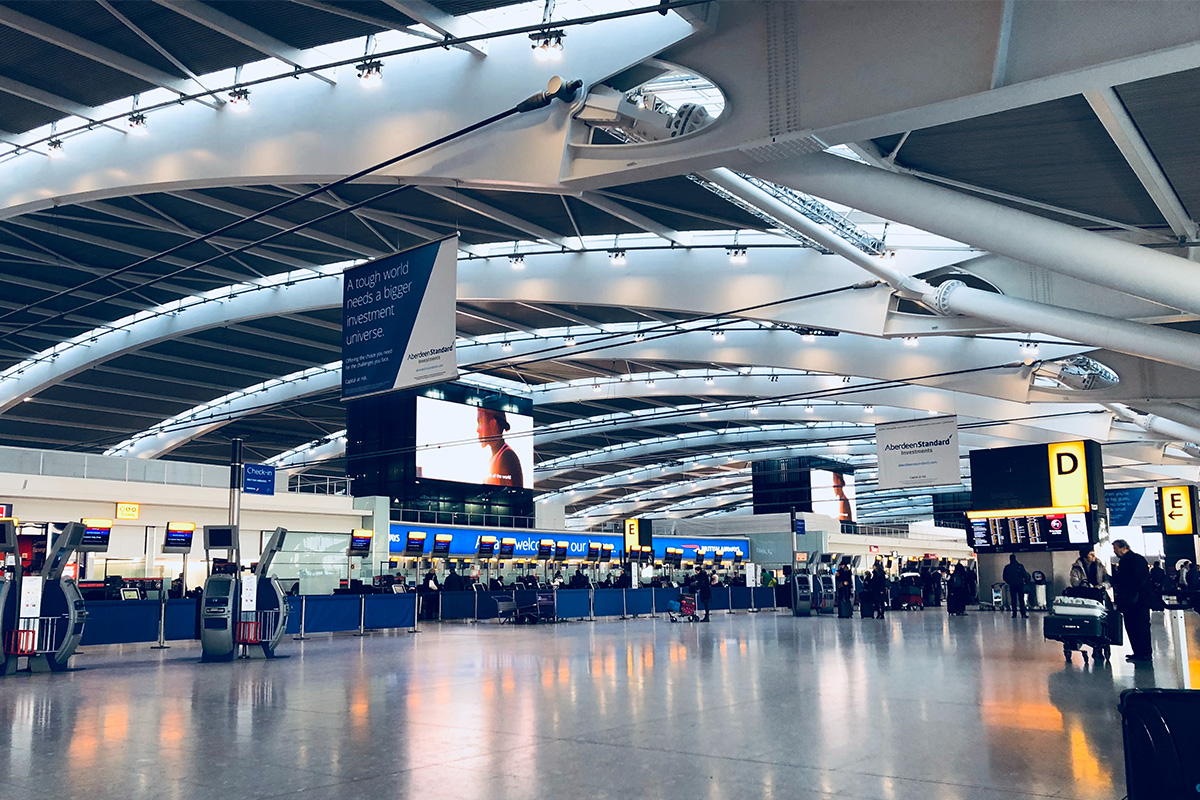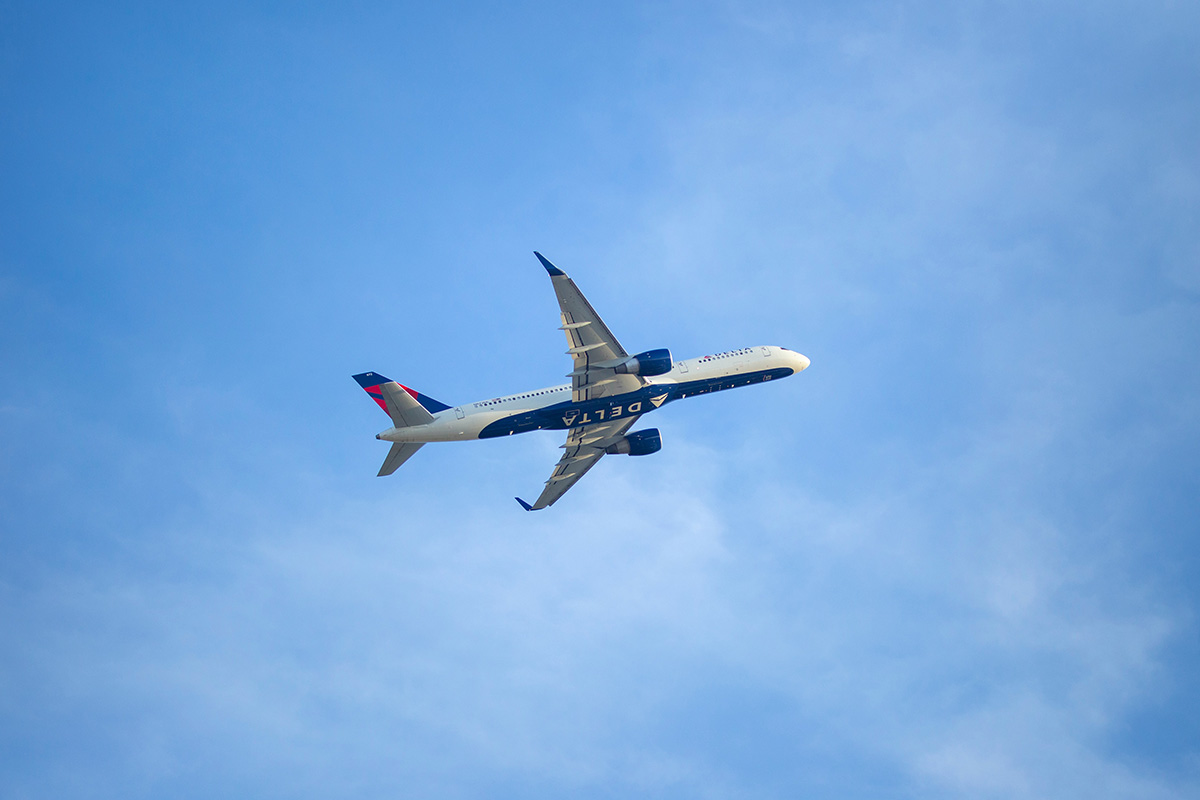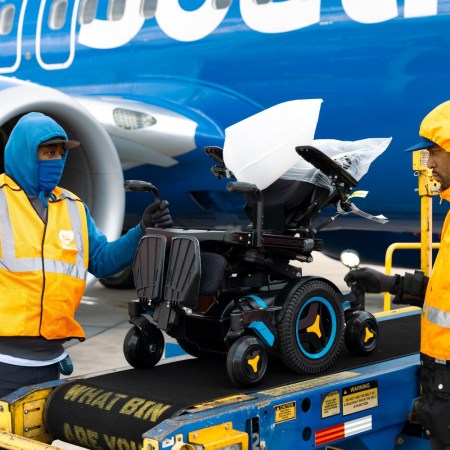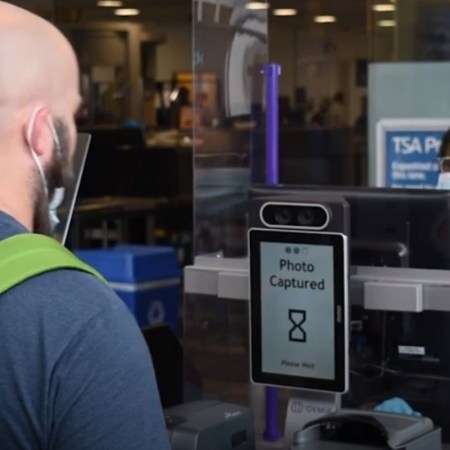In a flurry of moves that has sent shockwaves throughout the airline industry, American Airlines and Delta Airlines officially terminated change fees on domestic flights late yesterday. They join the ranks of United Airlines — which kickstarted the movement on Sunday — and Southwest Airlines, which has never charged change fees.
The fact that the country’s four biggest airlines, which account for 80 percent of domestic air travel, have all decided to end the lucrative practice (change fees brought a net $2.8 billion last year) immediately suggested smaller carriers would have to fall in line. And sure enough, Alaska Airlines announced just this morning that it will permanently end its change fee, too — a sum of $125 — in favor of prioritizing “peace of mind” for its future travelers.

Historically, change fees have been as high as $200. Customers with shifting schedules have simply been forced to accept the penalty in order to get where they need to be. But airlines are searching for ways to be more flexible and understanding in a post-pandemic world. According to TSA checkpoint data, domestic airports are still seeing just 31 percent of the travelers compared to this time last year. With summer travel over, the possibility of a second coronavirus wave this winter very possible, and a new normal for how companies approach international business — Why send an employee across the world (and potentially into harm’s way) instead of setting up a meeting over Zoom? — airlines have very little bargaining power.
Leisure travelers, in particular, now have the upper hand, and the airlines know it. A relic revenue source like the change fee, which came from an era when needing to change your flight actually did cause consternation and expense for the airline, just doesn’t make much anymore. After all, there’s always another traveler waiting to grab a seat that pops up online. Instead of just taking more money from people, this is a smarter long-term strategy for airlines: earn and foster trust. If customers feel that they can leisure travel again, they will. And America’s biggest airlines can set about digging themselves out of a brutal, COVID-era hole.
For more information on these developments, we recommend perusing the announcements from each airline. American Airlines, for instance, added some other fascinating benefits for potential travelers. Its change fee termination also applies on flights to Canada, Mexico, Puerto Rico, the Caribbean and the U.S. Virgin Islands; its basic economy restrictions have been relaxed; and customers will now receive a fare “credit” whenever they switch flights (essentially the exact opposite of a change fee). So if you swap a $500 flight for a $300 flight, AA will make sure you have $200 to spend at the airline down the line.
Thanks for reading InsideHook. Sign up for our daily newsletter and be in the know.


















